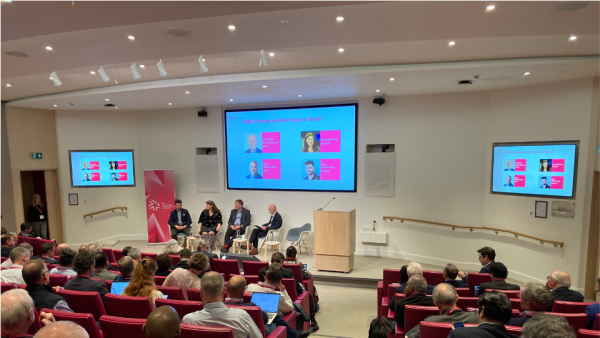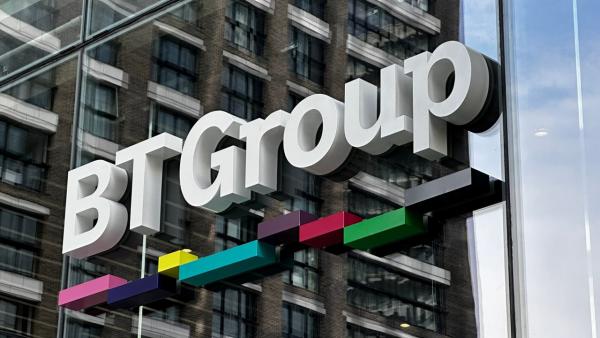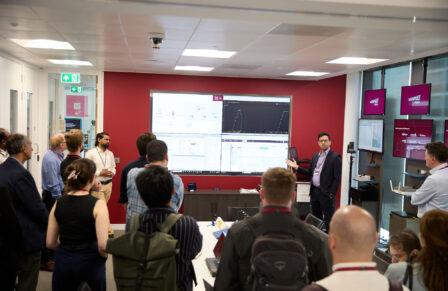Written by Nick Wood

UK telco regulator Ofcom hopes to encourage a bit of broadband innovation with its newly-tweaked net neutrality rules.
It has issued new guidance stating that operators are allowed to offer tiered services based on factors like latency, not just throughput. It means that while your run-of-the-mill Netflix watcher or cloud storage user can sign up for a cheap, entry-level tariff, those who want more responsive broadband for applications like gaming and VR can pay a bit extra for a lower-latency service.
The new guidance also leaves room for what Ofcom calls ‘specialised services’, enabling ISPs to manage network performance for optimal delivery of specific content and applications, such as real-time comms, VR and driverless vehicles. Presumably this bit of regulation provides for upcoming features like network slicing and multi-access edge computing (MEC), for example.
When it comes to traffic management, Ofcom said operators are allowed to take reasonable measures to manage individual categories of traffic differently according to their technical requirements in order to maintain good quality of service. Furthermore, operators are allowed to go beyond reasonable measures in order to prevent imminent network congestion – which might mean throttling particular categories of traffic. Ofcom said telcos will need to be transparent about the specifics of these traffic management practices.
One bit of the guidance that could potentially have far-reaching consequences pertains to zero-rating, the practice of allowing unmetered access to specific online services and applications.
Ofcom said this practice will generally be permitted – particularly when it comes to accessing important public sector organisations like the emergency services. However, it has added some stipulations to ward off any concerns that its rules might let operators pick winners and losers in the online economy.
For instance, operators will be able to zero-rate particular classes of traffic – like streaming or social media traffic – but not traffic originating from individual streaming or social media service providers.









